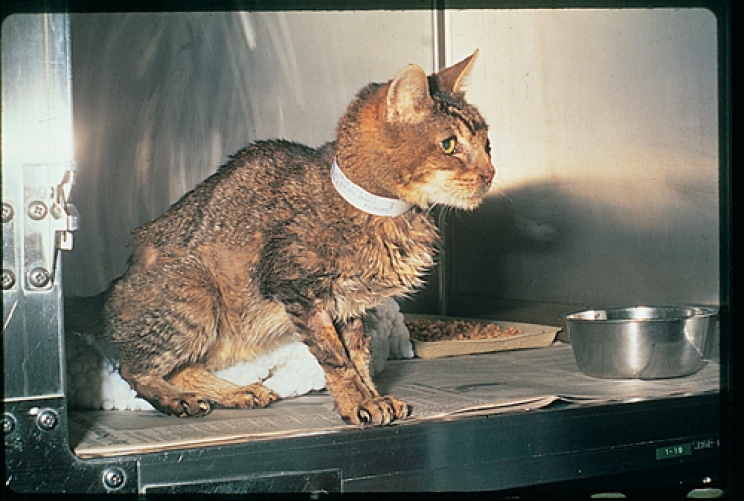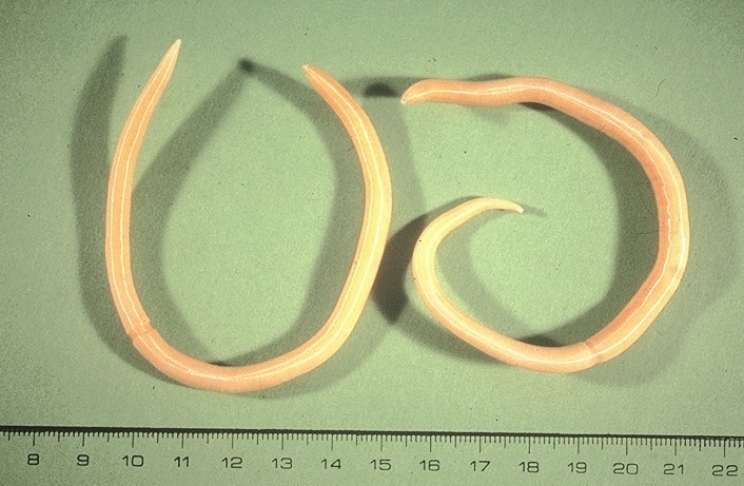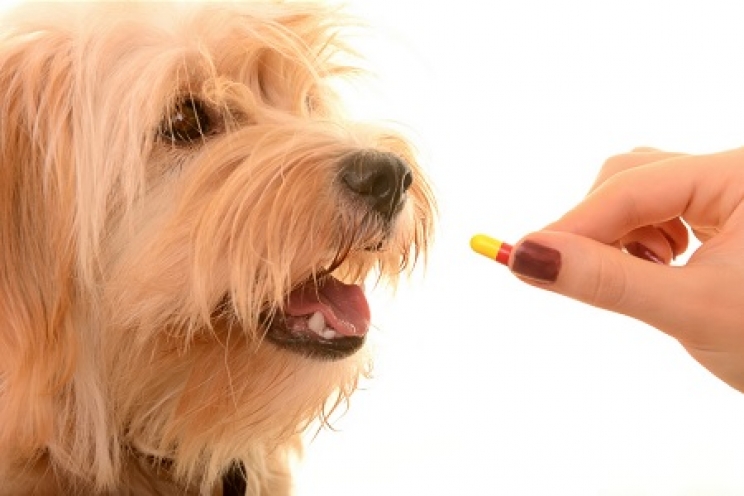More and more often, we happen to hear about animal food and supplements, enriched with probiotics. Most of these products are also recommended by veterinarians, especially for dogs and cats that suffer from frequent episodes of diarrhoea or gastrointestinal complaints of various kinds. What are these probiotics and how do they work?
What are probiotics?
When we talk about probiotics we refer to a set of live bacteria that contribute to improving the health of the body, naturally starting from the intestine. They are nothing more than the classic lactic ferments that we hear so much about. The term "probiotic", in fact, derives from the Latin "pro" (in favour of) and from the Greek "bios" (life), so it literally means that its purpose is to improve our life.
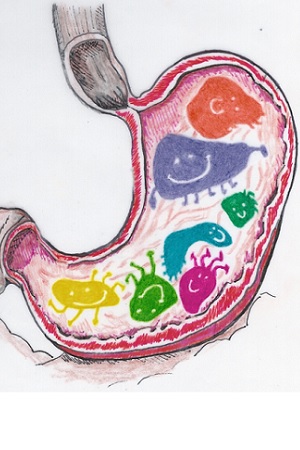
Despite the fact that when we hear the word "bacteria", we inevitably think of something terrible, we must bear in mind that not all bacteria are harmful. Some of these, in fact, live without creating problems in our body, especially in the intestine, genital tract, urinary tract and even in our mouth and on the skin. The combination of these microorganisms helps us live better, precisely because they perform so many beneficial functions.
It can happen, that when you are taking antibiotics (in case of vomiting and diarrhoea) or if the immune defences are weaker than usual, that these "good" bacteria are reduced, benefiting the production of other bacteria that instead lead to infections.
This is why often our doctor, as well as the veterinarian for our pet recommend "thickening" the array of "good" bacteria present in our body, precisely taking these probiotics.
The term "probiotic" should not be confused with "prebiotic", which takes on a completely different meaning. In this case, in fact, we refer rather to substances present in foods, which cannot be absorbed by the body, but remain in the intestine to be used by the normal microbial flora, present in the digestive tract of each of us. For example, some substances such as FOS (fruit-oligosaccharides) are prebiotics, among which the most important is certainly inulin, a very useful fibre for the health of the intestine, since it literally nourishes "good" bacteria. Prebiotics (MOS and FOS) support the growth of probiotics.
This is why probiotics are often associated with prebiotics in specific food and supplement formulations. On the one hand, probiotics increase the number of "good" bacteria in our intestines. Prebiotic substances nourish them, to enhance their effectiveness.
What are probiotics used for?
The efficacy of probiotics manifests themselves in several different fronts, such as:
- They strengthen the intestinal microbial flora;
- They prevent the increase of "bad" bacteria;
- The immune defences of the intestine increase;
- They reduce the effects of inflammation in the stomach and intestines;
- They check and repair the damage caused to the intestinal cells by inflammation, infections, trauma…
These general effects are therefore associated with a series of fundamental benefits, especially in the presence of certain conditions. In particular, the intake of probiotics is recommended in the case of:
- Assumption of antibiotics, which can cause diarrhoea;
- Gastrointestinal infections with vomiting and diarrhoea;
- Weaning the kitten or puppy;
- Inflammation of the intestine from stress;
- Food intolerances and allergies;
- Flatulence and meteorism;
- Intestinal parasites
What probiotics should I use on animals?
As always, we must remember that before administering a product for human use to our animals, it is advisable to first hear the opinion of the veterinarian.
In the specific case of probiotics, in fact, not all the bacteria present in our intestine are necessarily present in our pet. Among those that we have in common with our four-legged friends we find above all acidophilic Lactobacilli, but also L. Sporogenes, L. Faecium and L. Rhamnosus, as well as Streptococcus Thermophilus and Enterococcus Faecium.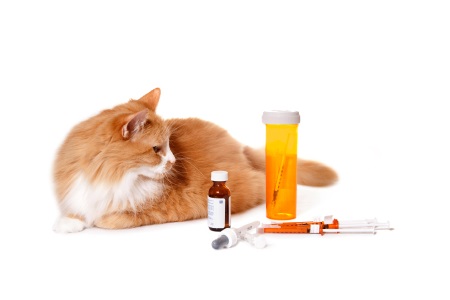
When we speak instead of probiotics intended solely for humans, we refer mainly to bacteria that are not acidophilic, which means that they cannot survive when they are in an environment with a very acidic pH. Our stomach produces a large amount of acidic juices, which bring the pH to very low values. In cats, however, these acids are up to 6 times more numerous than in humans, so imagine what could happen to an acid-sensitive bacterium when it reaches the cat's stomach.
In addition, another important factor to consider is that it can often be more appropriate to administer a powder or liquid probiotic (drops, syrups, suspensions, jellies) rather than tablets, because many bacteria tend to be damaged when pressed or shaken with too much force.
Our four-legged friends, with the passing of the years, can hardly tolerate the lactose present in food, so they can react to the ingestion of this sugar with diarrhea. In the same way, we must also pay attention to the presence of gluten, especially if our dog or cat has an intolerance or a food allergy. If in doubt, we must choose a product that is lactose and gluten free.
Specific probiotics for dogs and cats are always free of contraindications.
The only valid precaution is to avoid administering them to puppies under the age of 3-4 weeks or to animals with serious immunodeficiency, for example cats suffering from IVF, in the acute phase of infection.




